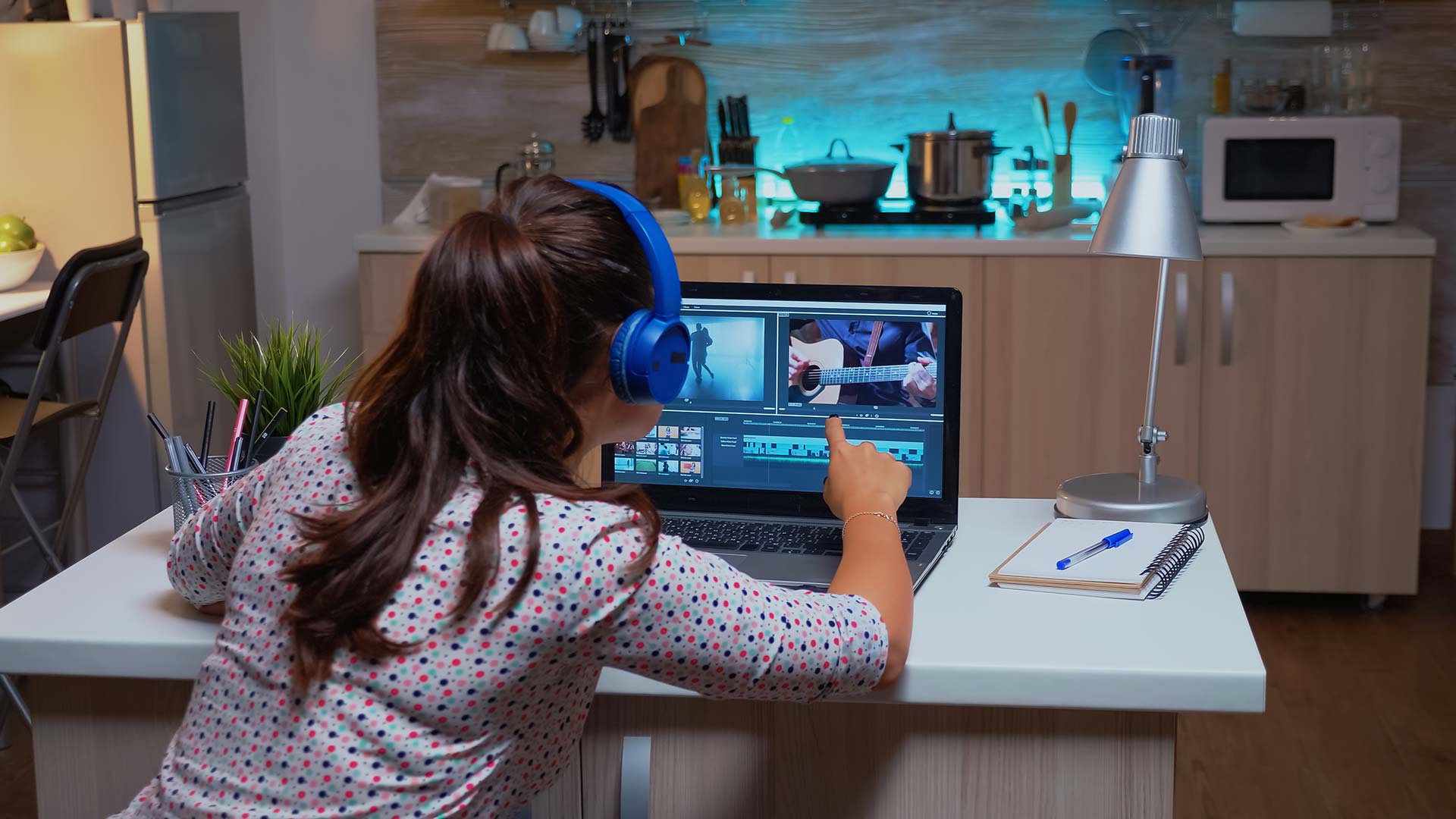The purpose of video production has been changing in the past years. The arrival of big streaming and video services such as Netflix, Amazon Prime vid
The purpose of video production has been changing in the past years. The arrival of big streaming and video services such as Netflix, Amazon Prime video has made a tremendous turn around in the video industry.
More recently, video has become even more than just entertainment. We have figured out that video can raise awareness about important topics, it can help you to educate yourself, be informed and also monetize it. Professional videographers are on demand now and this is absolutely the right time to prepare yourself and embrace this journey.
Whether you are an enthusiastic or semi professional, we made a list of the core fundamentals and information you need to know before jumping fully into videography.
1. Pre-Production
The starting step into video creation is all about planning. You have to define your video strategy, objectives and scope in order to know what you really want to achieve with this project. In addition, it is important to establish a project timeline as well as create your script. This process will vary depending on your team and demand, so a series of meetings may be needed before reaching the desired result.
2. Production
This phase is the most awaited to most videographers. Action itself, record, review, re-record. The production phase is where all the footages, takes, and all your video content is generated. It includes setting up the lighting, sound system, and video equipment. This is when you are going to conduct interviews (if needed), record voiceovers and b-roll (extra footage used as a supporter material). If you have any special ideas, or visuals this is the time to let your producer now about it before the production phase ends.
3. Post-Production
It is when the magic happens. After the end of the production phase, the team that is accountable for the editing takes over and turns all the raw content created into the desired goal of the project. The final phase includes logging the interviews (if needed), developing and producing the final video (editing, music curation, reviewing all the materials and approving, and lastly the final delivery. Your creative production team will make sure that the project comes to life, so don’t be frustrated if this phase takes longer than others.
Conclusion
Every video professional has to be aware of all these processes. You might be asking yourself, why do I need to have in mind all this process since I’m just starting ?
There is no right or wrong answer, however, a video project well planned mitigates eventual issues that could happen in the future. Either if you are filming in a professional studio or at a friend’s home. It makes sure that everyone is on the same page and knows what to expect from every team member. While every video project is different and has its peculiarities, those are some essential key points that you have to consider doing and can be replicable for every project.

